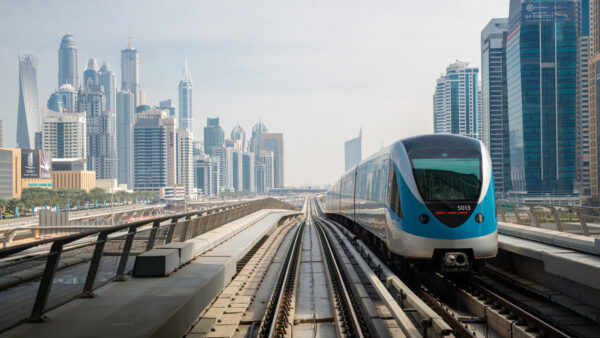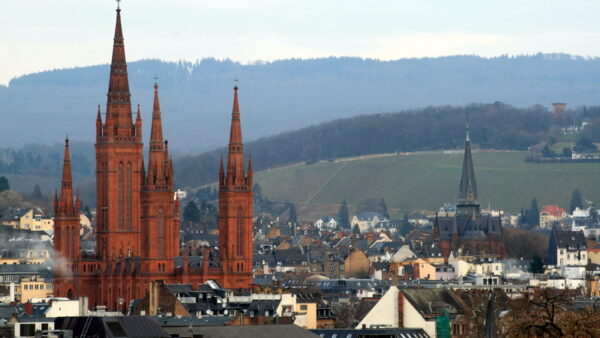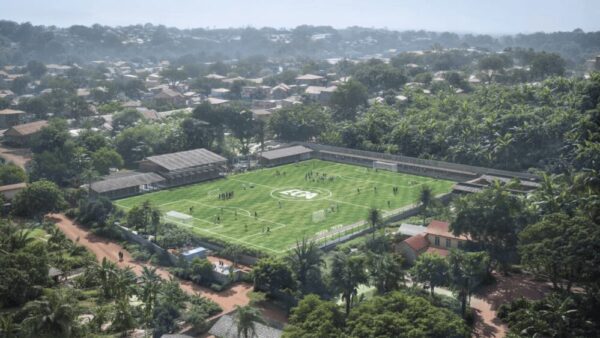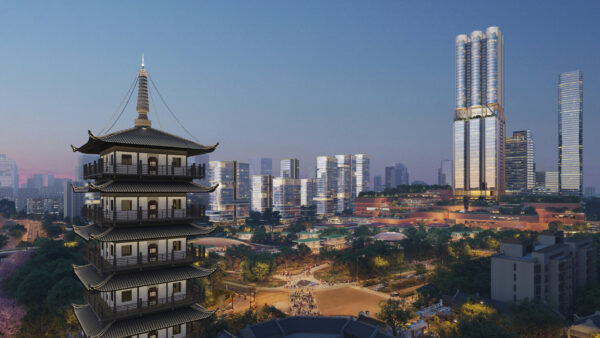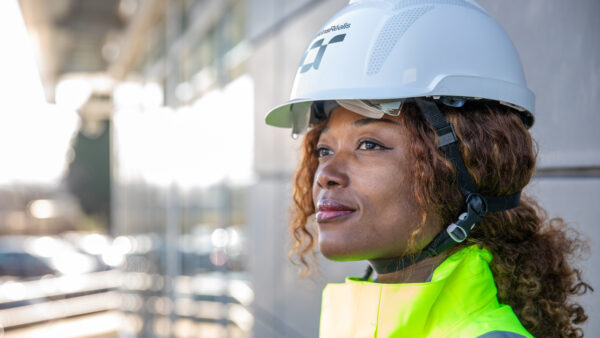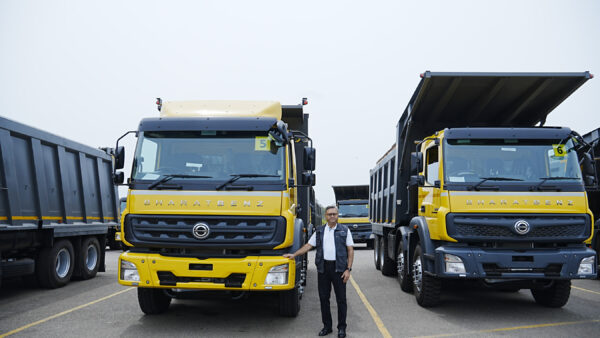Delayed by a terror attack last year, a Japanese plan to build a big coal-fired power station with a port for coal in Bangladesh is now going ahead with the help of a $4.5bn Japanese loan.
The $6.7bn scheme to build a 1.2GW power station and a deepwater port in Matarbari was to have started this time last year but it was postponed following an Islamist attack in Dhaka that killed 20 people, seven of them Japanese.
The project will now start in August and be completed in 2024, reports Nikkei Asian Review.
The power station will be Bangladesh’s largest, serving about 10% of the country’s electricity demand. The port is needed to take coal deliveries from Australia and elsewhere. About 60% of the investment will go to the power station and about 40% to the port.
The $4.5bn loan from Japan International Cooperation Agency (JICA) is JICA’s biggest ever yen loan.
In the terror attack last year the seven Japanese nationals killed were working with JICA on a plan to ease traffic congestion in Bangladesh’s capital.
The port and power plant is being developed by a consortium led by financial giant Sumitomo and including heavy engineers IHI, Toshiba and Penta-Ocean Construction. IHI will supply boilers, Toshiba will supply turbines, power generators and peripheral equipment and Penta-Ocean Construction will build the port.
The Sumitomo group beat a rival bid from a second Japanese team led by the Marubeni Corporation. Marubeni’s bid was rejected in June on the grounds that the financial element was “not satisfactory”.
As the Nikkei Asian Review notes, Japan is also in competition with Chinese and South Korean firms to supply the rapidly growing Asian markets with power, transport and water infrastructure.
One of Japan’s advantages is its expertise with “super critical” coal-fired power station technology. It is planning to build as many as 43 of these over the next 12 years to serve its domestic needs, filling the gap left by decommissioned nuclear power stations.
The Matarbari power station is part of a plan by the Bangladesh Power Development Board (BPDB) to build a complex of generating stations at that location. All will use super critical technology, which cuts carbon outputs by 20% compared with conventional coal-fired stations.
Image: The power station will rely on cheap coal imports (Bangladesh Awami League)
Further Reading:

